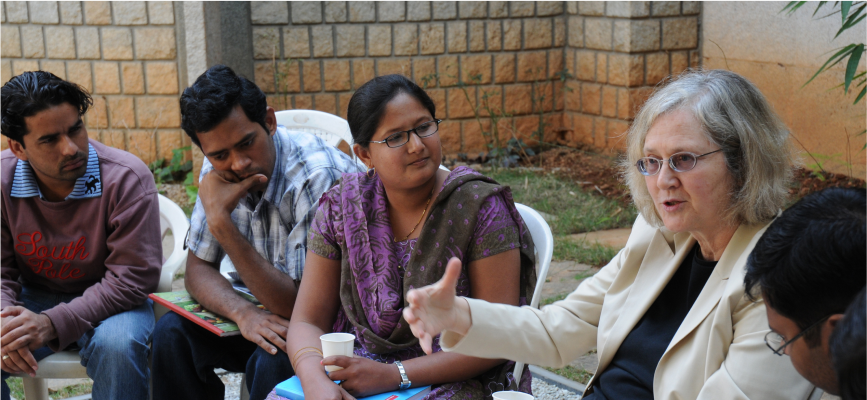Born in Hobart, Tasmania, Australia, on November 26, 1948, Blackburn attended both primary and secondary school in Tasmania and New South Wales. After graduation from high school, she attended the University of Melbourne on a full scholarship, earning both a B.Sc. (1970) and an M.Sc. (1972). She earned her Ph.D. (1975) from the University of Cambridge in England. Her post-doctoral study in molecular and cellular biology was at Yale University (1975-1977).
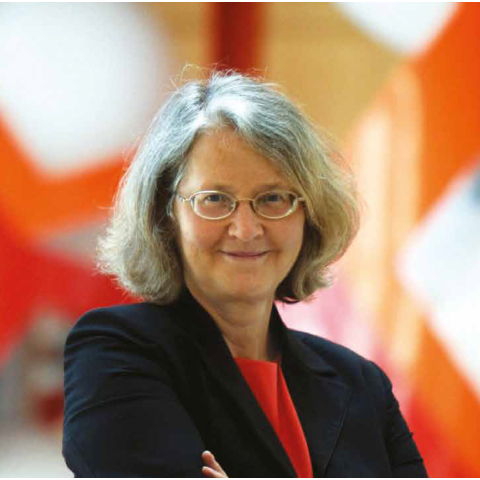
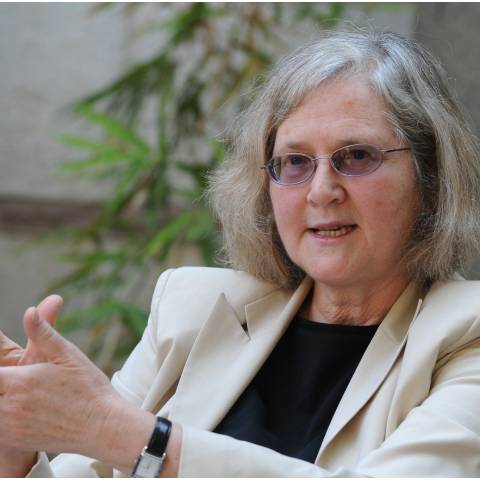
Professor Blackburn is a leader in the area of telomere and telomerase research. She discovered the molecular nature of telomeres – the ends of eukaryotic chromosomes that serve as protective caps essential for preserving genetic information – and discovered the enzyme telomerase, which replenishes telomeres.
Dr Blackburn and her research team at the University of California, San Francisco, are working with a variety of organisms and human cancer cells, with the goal of understanding telomerase and telomere biology. Her work on telomeres and telomerase has been published extensively in peer-reviewed journals.
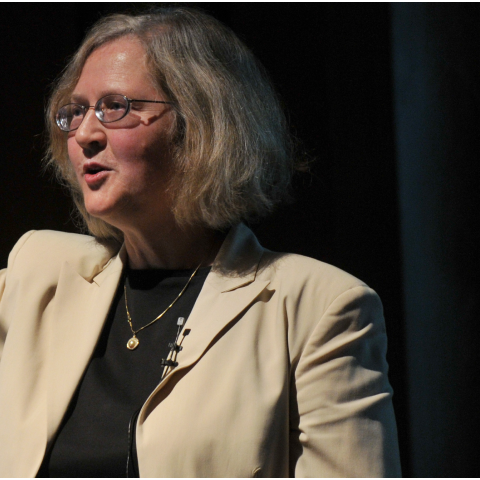
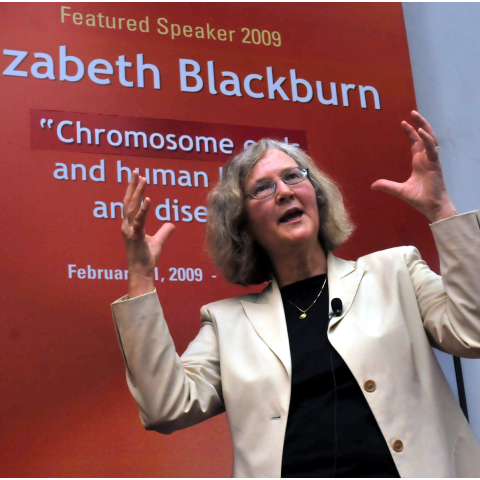
Dr Blackburn, a storied biology and physiology professor at the University of California, San Francisco, will deliver the annual series’ three main lectures in February 2009. The first lecture in this free, public series will be held in Bangalore, at the JN Tata Auditorium, on February 9; the second in Hyderabad at the IICT Auditorium, on February 11; and the third in New Delhi, at Teen Murti Auditorium, on February 13.
Among Dr Blackburn’s achievements are the E.B. Wilson Award of the American Society for Cell Biology in 2001, the Benjamin Franklin Medal in Life Science in 2005, the Albert Lasker Medical Research Award in Basic Medical Research in 2006, and the Genetics Prize from the Peter Gruber Foundation in the same year.
This year, Dr Blackburn was named the recipient of the 2008 L’Oreal-UNESCO Award for Women in Science for her “discovery of the nature and maintenance of chromosome ends and their roles in cancer and aging.”
In the words of Elizabeth Blackburn’s biographer, Catherine Brady: “Blackburn’s personal story is interwoven with so many others: how molecular biology evolved over the last thirty-five years; how a new scientific field is born; how basic science research contributes to clinical studies on human health by a circuitous route; and how women have made advances in a male-dominated profession despite enormous obstacles.
Her service on the President’s Council on Bioethics illuminates the dangerous terrain in which science intersects with politics and offers a timely reminder of how scientific integrity contributes to our society’s welfare.”
The Cell Press-TNQ India Distinguished Lecture Series brings its scientific talks to three cities within the nation each year, and is designed to bring internationally renowned scientists face to face with the Indian scientific community.
In 1978 Professor Blackburn joined the faculty of the University of California, Berkeley, in the Department of Microbiology. In 1990 she moved to the Department of Microbiology and Immunology at the University of California, San Francisco (UCSF) where she served as Department Chair from 1993 to 1999. She is currently the Morris Herzstein Endowed Professor in Biology and Physiology in the Department of Biochemistry and Biophysics at UCSF. She is also a Non-Resident Fellow of the Salk Institute.
Dr. Blackburn was elected President of the American Society for Cell Biology for the year 1998; named California Scientist of the Year in 1999; and served as a Board member of the Genetics Society of America (2000-2002). She is an elected Fellow of the American Academy of Arts and Sciences (1991), the Royal Society of London (1992), the American Academy of Microbiology (1993), and the American Association for the Advancement of Science (2000). She was elected Foreign Associate of the National Academy of Sciences in 1993, and was elected as a Member of the Institute of Medicine in 2000.
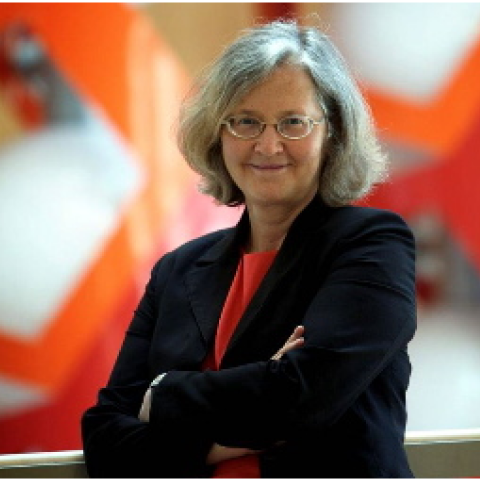
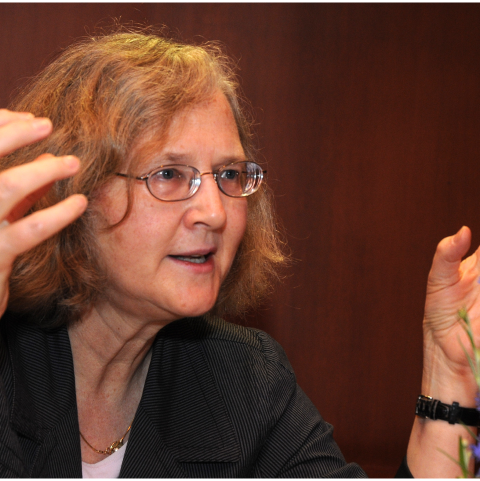
In 2001, Professor Blackburn was appointed a member of the President Bush’s Council on Bioethics. She was dismissed in February 2004 reportedly for her outspoken opposition to the Bush administration’s highly restrictive position on stem cell research. This was followed by expressions of outrage and some 170 researchers signed an open letter to President Bush protesting Dr. Blackburn’s treatment. She became a cause celebre for many scientists who believed that the White House’s science policy was distorted by politics. Blackburn is reported as saying: ‘I don’t feel martyred. I wear it as a badge of honour.’ In 2007, Professor Blackburn was listed among Time Magazine’s 100 Most Influential People in the World. She currently serves on the Science Advisory Board of the Genetics Policy Institute.
In the words of a fellow scientist, David Gilley: “She is a real scientist because she is very, very creative, and that is what real science is all about, not collecting technical data but a creative pursuit of the truth about the physical nature of the world.”
